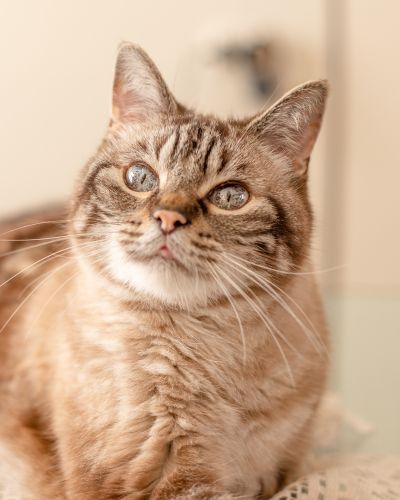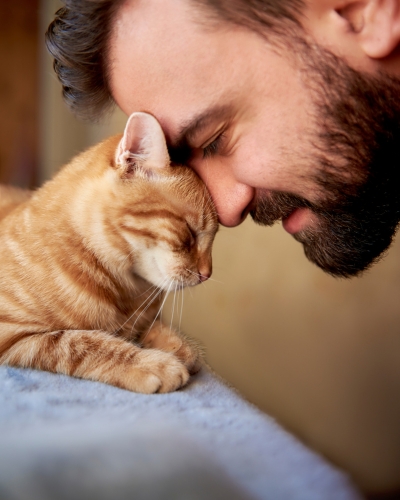Nutritional Needs Are Different for Senior Pets
You likely know that human nutritional needs change throughout life. Newborns need specific milk or formula, young children need foods that support their development, and so on. Pets are much the same. And like senior adults often eat differently, senior pets will as well.
However, also like humans, the specific needs can change among those senior pets, so there’s no set guideline to go by. Consult with your veterinarian as your pet ages to understand the needs of your pet and the proper nutritional guidelines.
In addition, exercise is still important. All living beings need exercise, stimulation, and activity. These things keep us all healthy as well as fight boredom and maintain our weight. Your cats and dogs might not be as interested in playing as they once were, but it’s still important. Your veterinarian can give you recommendations for things to try as your pet’s age so that they stay active.




